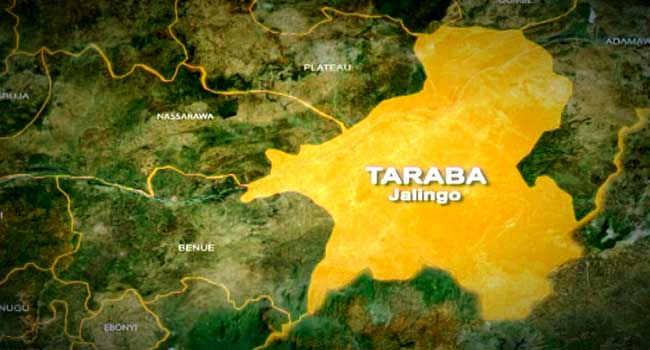No fewer than 20,000 refugees have fled the Republic of Cameroon to seek asylum in Taraba State, Nigeria.
Refugees, currently residing in five local government areas—Sardauna, Kurmi, Gashaka, Ussa, and Takum—in Taraba State, are appealing to federal and state governments, along with non-governmental organizations, for assistance to alleviate their hardships.
The Taraba State government has assured the refugees of their safety and protection until peace is restored in their home country.
In March 2020, over 7,000 refugees sought asylum in Taraba State from the Republic of Cameroon.
Fast forward three years, and the number has surged to over 20,000, presenting challenges in terms of feeding, education, shelter, health, and security for both host communities and the state government.
Facing an overstretched capacity, the state government has convened a multi-stakeholder meeting to enhance the delivery of protection and humanitarian assistance to refugees and vulnerable members of the host community.
Despite a two-year call for a ceasefire in the North-Western and South-Western provinces of the Republic of Cameroon, there has been no positive outcome, leading to an increasing number of refugees, as reported by the United Nations High Commission for Refugees in collaboration with partners.
As per the United Nations, challenges such as insecurity, challenging terrains, insufficient health facilities, deteriorated schools, and inadequate shelters for refugees continue to impede efforts aimed at ensuring adequate protection for refugees in the Taraba region.
Expressing gratitude for the role played by development partners in building confidence, Governor Agbu Kefas affirmed that his initiative of free education extends to cover refugees as well. Represented by his deputy, the governor acknowledged the overwhelming pockets of insecurity affecting the state, especially those seeking asylum, but pledged to make concerted efforts to promote peaceful coexistence between the two neighboring regions.
Certain development partners received commendation for their significant contributions to the protection of refugees through humanitarian support.
The meeting aims to generate recommendations that will facilitate the seamless integration of humanitarian services for refugees and vulnerable community members, aligning with global best practices regarding refugee assistance.



